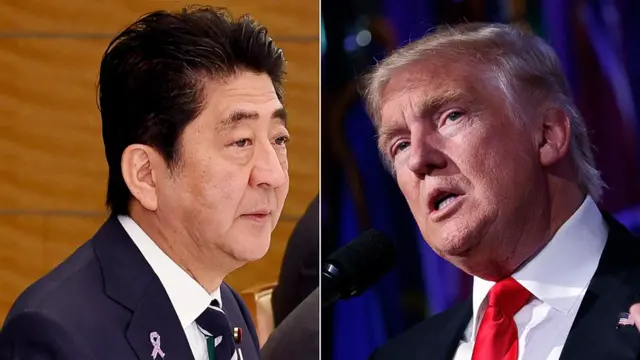A panoramic view of the Singapore city skyline is seen from the Chinatown in Singapore, on Feb. 22, 2013
With the announcement early this week of the 2013 Singapore budget, all research groups here have agreed that the key losers will be property investors and developers, particularly those owning high-end residential units with unsold inventory.
In attempt to cushion the impact of widening income disparities, Singapore Finance Minister Tharman unveiled a budget which includes a more progressive property tax which would be implemented from Jan. 1, 2014 onwards.
The new progressive tax rate will be as high as 15 percent for the component of annual value in excess of 130,000 Singapore dollars (104,840 U.S. dollars) for owner-occupied residential properties, and 19 percent for annual values over 90,000 Singapore dollars for non-owner-occupied properties. The biggest impact will be on non-owner occupied properties.
Under the revised structure that would be fully effective on Jan. 1, 2015, the marginal tax rates will range from 12 percent to 20 percent compared to the current 10 percent. This will affect homes with annual values of more than 30,000 Singapore dollars, which represents the top one third of all non-owner occupied properties in the island-state.
Considering that the Singapore government had announced the seventh rounds of measures to cool the buoyant property market, Credit Suisse Research described the new property tax structure as "a small surprise".
As the structure broadly means that property taxes would be higher for those living in households which command above 5,000 Singapore dollars rent a month on average, the Swiss research group forecasts flattish prices ahead, saying "we expect a further 5 percent to 10 percent downside risk for prime luxury properties due to policy overhang and vacancy risks, given the oncoming supply and unsold units versus the weak rental demand.
"Credit Suisse also saw the progressive property tax as the latest deterrent to buyers looking to buy properties for investment purposes, which accounted for about 30 percent of demand. A 30 percent decline in volumes would imply that the sales volumes will be normalized to year 2010 and 2011 levels.
CIMB Research also agreed that following the last round of property measures and higher residential property taxes in this year's budget, Singapore's physical property is expected to be less and less viable as choice investment vehicles. Super-rich foreigners who are tempted to buy a trophy home in Singapore will now ponder a bit more, given that even owner-occupied tax rates are rising, the research group said, adding that for developers with unsold high-end projects, they will find it even harder to sell going forward.
The research group said "although the higher taxes are merely a small deterrent relative to the draconian seventh round of property measures at the start of the year, it still detracts from the attraction of property investments."
DBS Group Research believed that while the impact of these changes on the residential sector is likely to be muted as the quantum increases are not significant, investment properties in the high end are likely to feel greater effect arising from higher payments of property taxes from the changes.
If these added costs cannot be passed on in the form of higher rents, the research group forecast this could potentially result in an erosion of 5 percent to 10 percent in rental yields, which currently stands at between 2.9 percent and 3.2 percent, thus reducing the attractiveness of owning high-end assets.
With such challenging outlook, DBS Group projected a 5 percent decline in home prices this year while volume demand could likely moderate by up to 20 percent. (1 U.S. dollar equals 1.24 Singapore dollars)
 简体中文
简体中文

